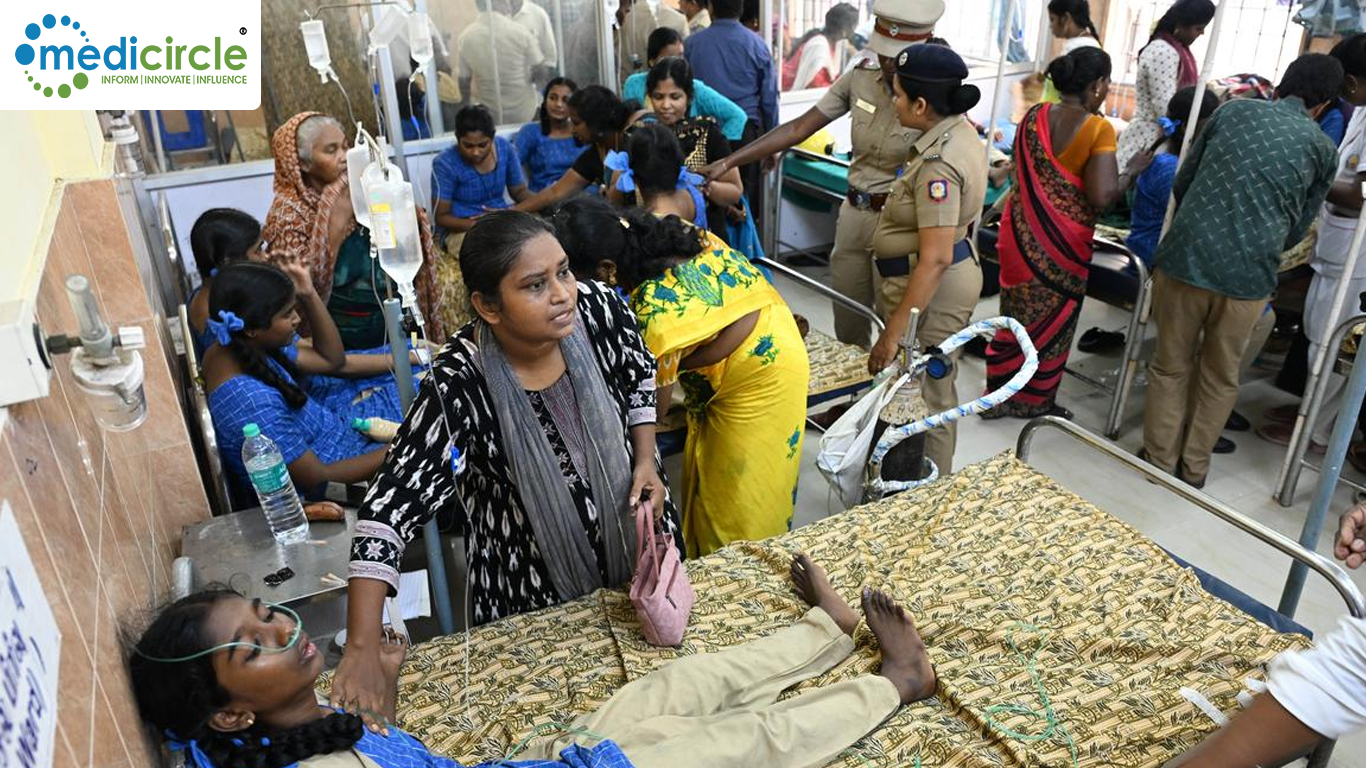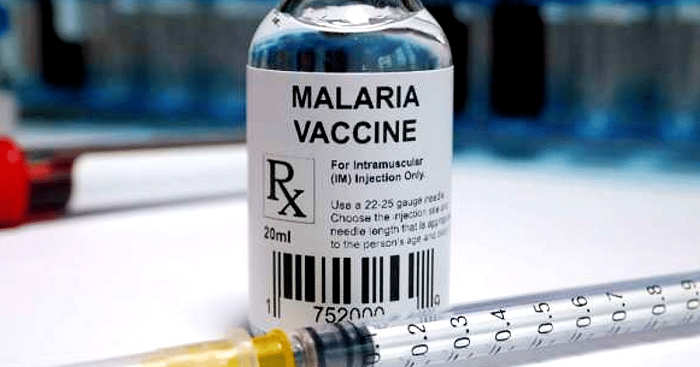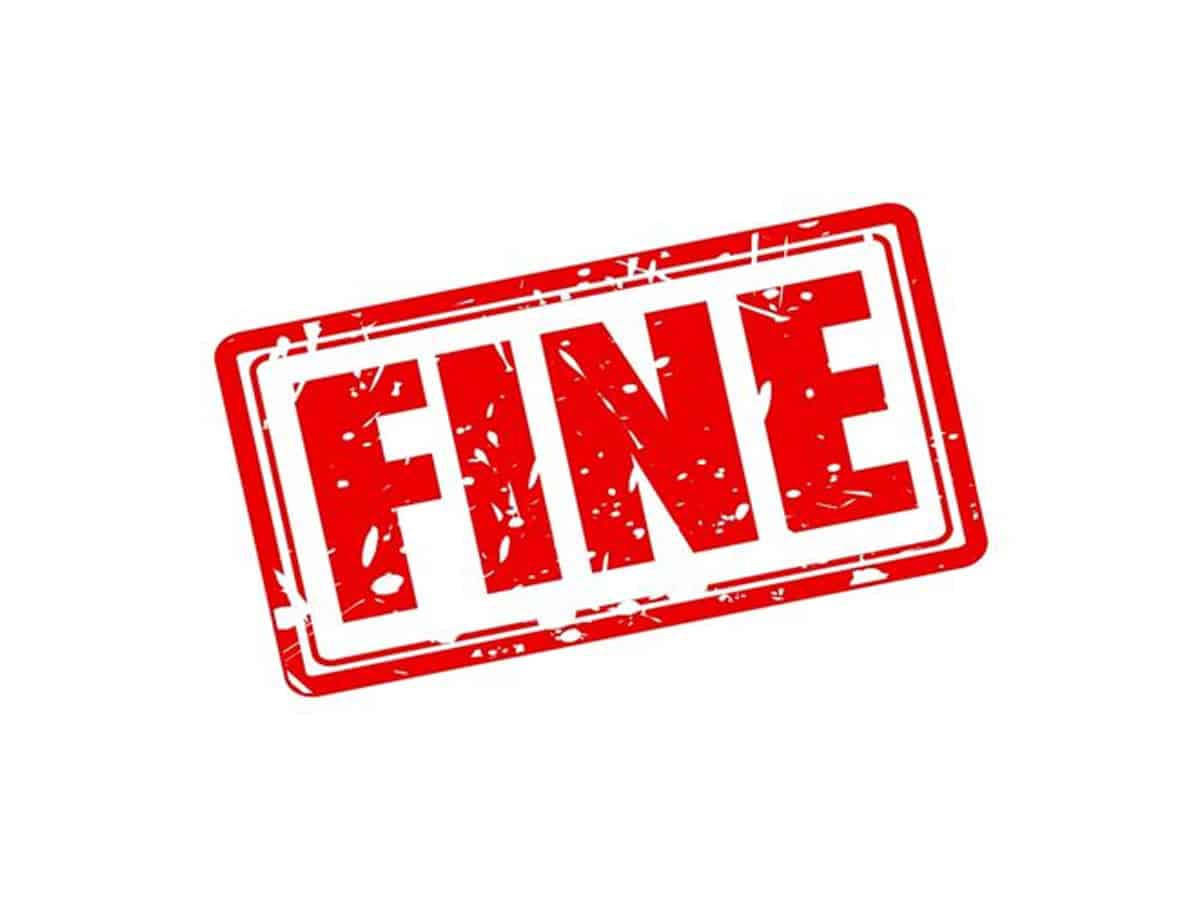BioXcel Therapeutics, Inc., a clinical-stage biopharmaceutical company utilizing artificial intelligence to identify improved therapies in neuroscience and immuno-oncology, today announced that its Investigational New Drug (“IND”) application for BXCL501, the Company’s novel, proprietary, orally dissolving, sublingual thin film formulation of dexmedetomidine (“Dex”), has received clearance by the Division of Psychiatry Products at the U.S. Food and Drug Administration (“FDA”) for the treatment of agitation associated with delirium. The Company plans to initiate a Phase 2 trial within the next several months.
“We are pleased to continue pursuing additional neuroscience opportunities with BXCL501, targeting agitation associated with delirium, a fifth potential indication for this candidate and a condition for which there is no FDA-approved treatment,” commented Vimal Mehta, Chief Executive Officer of BTI. “Agitation associated with delirium is commonly seen in numerous hospital settings, resulting in serious medical complications and extended hospital stays. Treatment choices are limited, and commonly used off-label therapies are not always effective or may result in prolonged, deep sedation. We believe that BXCL501’s unique mechanism of action, rapid onset, and ease of administration may quickly and directly treat the underlying agitation without over sedation, improving patient outcomes. In addition, this indication offers synergy with the commercial infrastructure being developed to support our first New Drug Application.”
This trial is a multicenter, randomized, double-blind, placebo-controlled, ascending, dose-finding, adaptive Phase 2 study designed to evaluate the safety, pharmacokinetics and efficacy of BXCL501 in intensive care unit patients experiencing agitation associated with delirium, including COVID-19 patients. Approximately 20 patients will be randomized into each sequential ascending dose cohort of BXCL501 (starting doses of 120 ug, 180 ug, 240 ug, or 300 ug), or matching placebos to determine the optimal starting dose that effectively and safely reduces agitation. Elderly delirium patients (65 years or older) in these cohorts will receive half the dose. The primary endpoint is the reduction in agitation measured by at least a 2-point drop in the Richmond Agitation Sedation Scale (“RASS”) at two hours post-BXCL501 administration. The secondary endpoint is the earliest time at which a 2-point drop is seen in RASS after BXCL501 administration. An exploratory endpoint of this trial will be to determine the overall clinical improvement after drug administration using the Clinical Global Impression – Improvement Scale (“CGI-I”).
“Agitated patients with delirium are unable to calm themselves, rest or sleep, and often self-extubate, remove catheters and IV lines, complicating the overall patient care,” explains Dr. E. Wesley Ely, co-director of Vanderbilt University Medical Center’s Critical Illness, Brain Dysfunction, and Survivorship (“CIBS”) Center and study principal investigator. “The critical care world desperately needs a safer and more reliable way to relieve the agitation associated with delirium than the use of benzodiazepines, which surged during the COVID-19 pandemic. Patients deserve well-designed investigations of new approaches like the one we plan to conduct with BXCL501.”

 BXCL50 is indicated for the treatment of agitation associated with Delirium
BXCL50 is indicated for the treatment of agitation associated with Delirium






.jpg)
.jpg)












.jpeg)






.jpg)




.jpg)





.jpeg)
